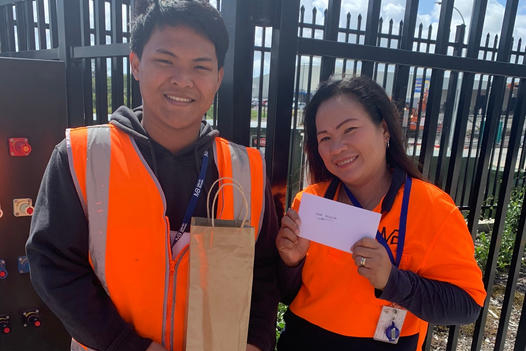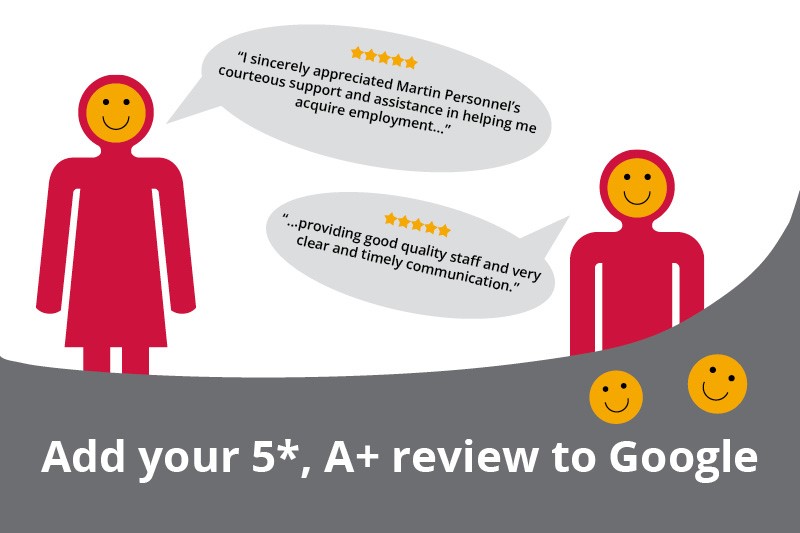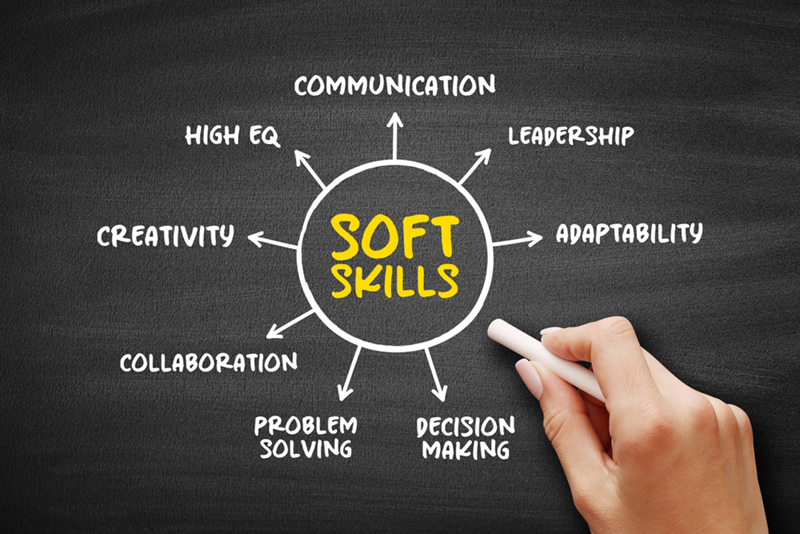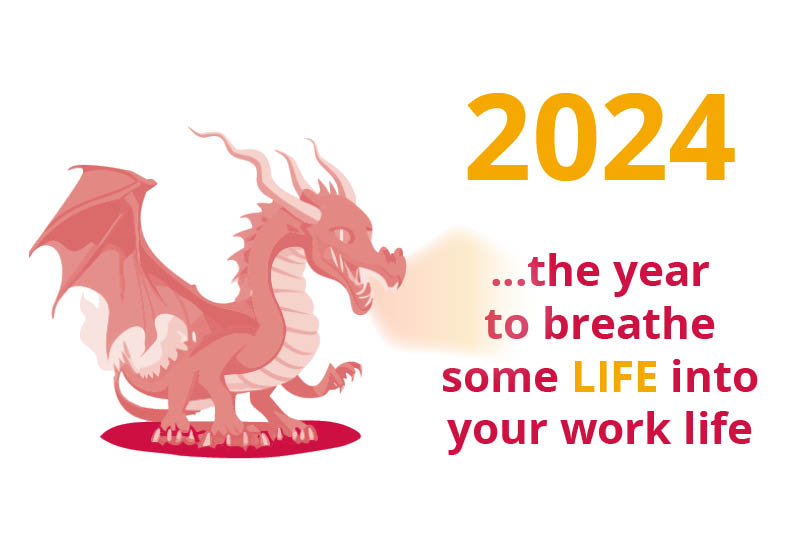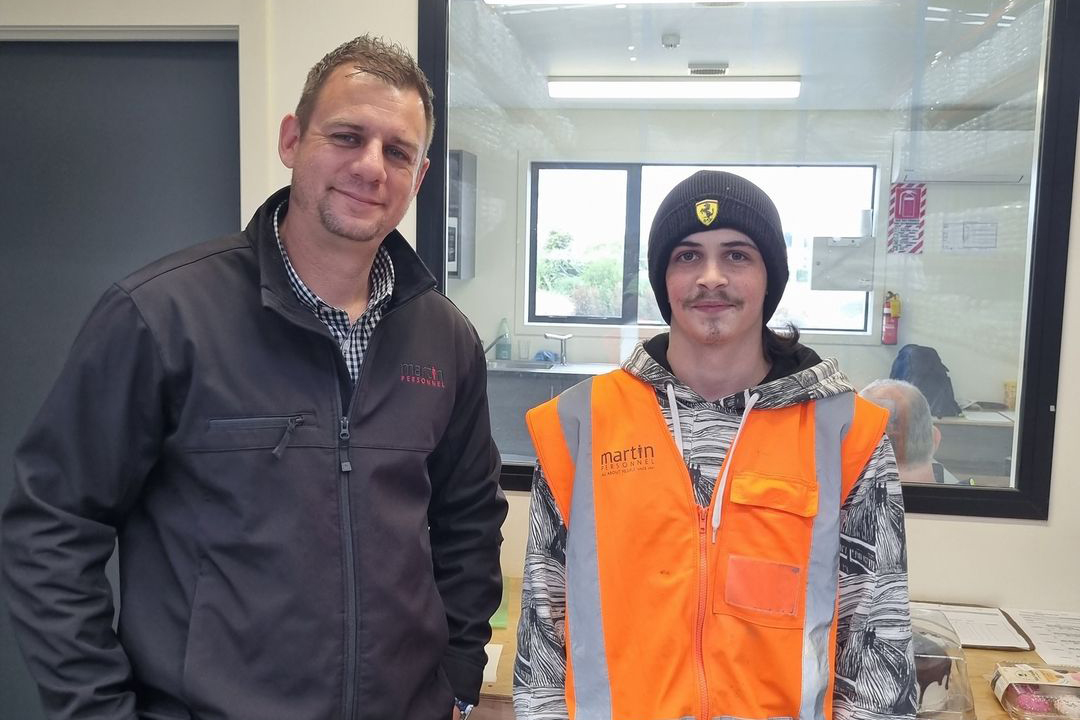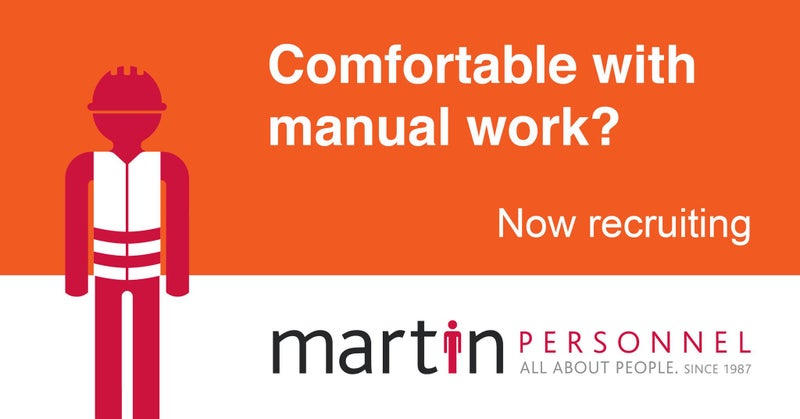5 commonly asked interview questions – how to ace your preparation for them
22nd August 2023
All articles Candidate articles
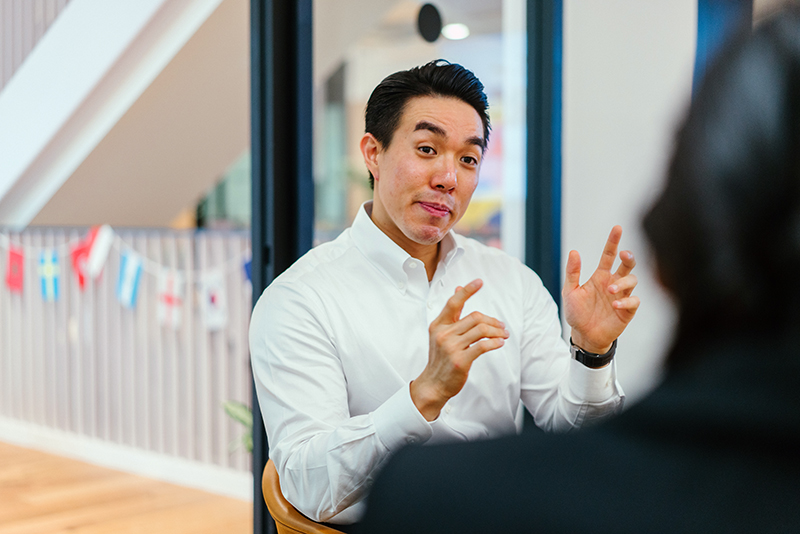
If you are going for an interview, it’s good to come across as natural and relaxed. At the same time, you have been told to listen carefully to the questions and answer honestly, making sure that your answers don’t go off on a tangent. With this in mind, you may be wondering ‘should I prepare answers in advance’?
The answer is absolutely yes!
There are some commonly asked questions that are unlikely to be phrased in such a way that you would need to completely tailor an answer on the spot. Five of these commonly asked questions are listed below, with some tips for preparing your answers well ahead of the interview.
1. Tell me about yourself?
One of the most dreaded interview questions because it is so open…however this is the perfect question to prepare for in advance. Do your research about the role you are applying for, the company you are interviewing with and consider what might be important hiring criteria for them. Structure your answer around key points that you wish to communicate to them in the context of this question. For example, if you know that they need someone highly organised, tell the interviewer something about your personality that relates to this. You could say that amongst your friends you are the one known as “the planner” and that others rely on you to make things happen.
2. What appeals to you about our company?
If this question doesn’t come up (it nearly always does), you should make a point of weaving an answer to this question into the most relevant part of the interview. Even if it is when you thank them for the interview, you can add on a sentence or two about being very keen on the job and wanting to work for them. An employer loves enthusiasm and this is one way to convey it. Research what the company is proud of (usually on their website as one of their USPs – unique selling propositions) and work out how that can be of importance to you too. For example, if they have an excellent health & safety record, you could mention that you take H&S seriously and are happy to see they do too. Or if they are a company that celebrates one of the personal values you hold, you could mention that connection.
3. What is an achievement that you are proud of?
Again, think about your achievements and what would be most relevant to their recruitment criteria. For example, if they specify that they need someone with strong analytical skills, you could mention how you are proud that you came up with an initiative at your last work place where the manufacturing site could speed up production. You could explain how you made calculations to measure the impact of your initiative. Perhaps this achievement meant you got an award, bonus or promotion; you could mention that too.
4. What are your salary expectations?
You definitely need to prepare for this question, but it may not be asked in a first interview. Think about any circumstances that have changed since your last role to adjust your expectations. For example, if the role is less demanding or more junior (or the opposite). If it involves more travel and therefore greater sacrifices on personal time, you may need it to pay a certain amount to be viable (especially if there are alternative options). Your flexibility around salary also depends on the level of competition and number of options available to you. You can also give the interviewer a range to indicate the ballpark amount that you know is market rate for the job type and where you see yourself in that range based on experience and previous salaries.
5. What are your strengths?
It makes sense to match any strengths you mention to the criteria you think they are looking for, but, rather than listing them off as per the job advertisement, use your answers to demonstrate how they come to life in a working situation. For example, if they have mentioned ‘resilience’ is important because there is a lot of workplace change, tell them what type of change you have been through in a previous role and how that was positive for you rather than negative. For example, if you have been through a restructure and was offered a choice of redundancy or an adjacent role – mention how you took the adjacent role because you wanted to become a more rounded employee to understand a different perspective in the industry…and you ended up loving it, which is why you are still doing that type of work today.
“A goal without a plan is just a wish…”
Planning and preparation is all part of achieving your goal of getting hired. Interview preparation isn’t just something you do once when you start looking for work…you need to do it before every interview because no two job opportunities are identical. Although your answers may be similar from interview to interview, once you have properly researched the company and role, your answers to the questions above will need to be adjusted to make sure they take into account the specific details and criteria that are unique to that opportunity.
The team at Martin Personnel are here to help guide you through the interview process and ensure you put your best foot forward when finding temporary or permanent employment opportunities. If you are not already registered as a candidate with us, get in touch with us – we are recruitment agency that’s ‘all about people’, based in Auckland and Christchurch.
News tags
All articlesAucklandCandidate articlesChristchurchClient articlesFranchiseUncategorised
Recent news
Is a recruitment franchise opportunity right for you?
11th June 2024
Crafting a standout CV – 10 tips for landing your ideal job
22nd April 2024
Another permanent placement!
28th March 2024
Leave a review for us
25th March 2024
Is 2024 time for a new job?...how to get started
19th November 2023
Another temp to perm placement!
25th October 2023
Could you be our next process worker?
12th September 2023


